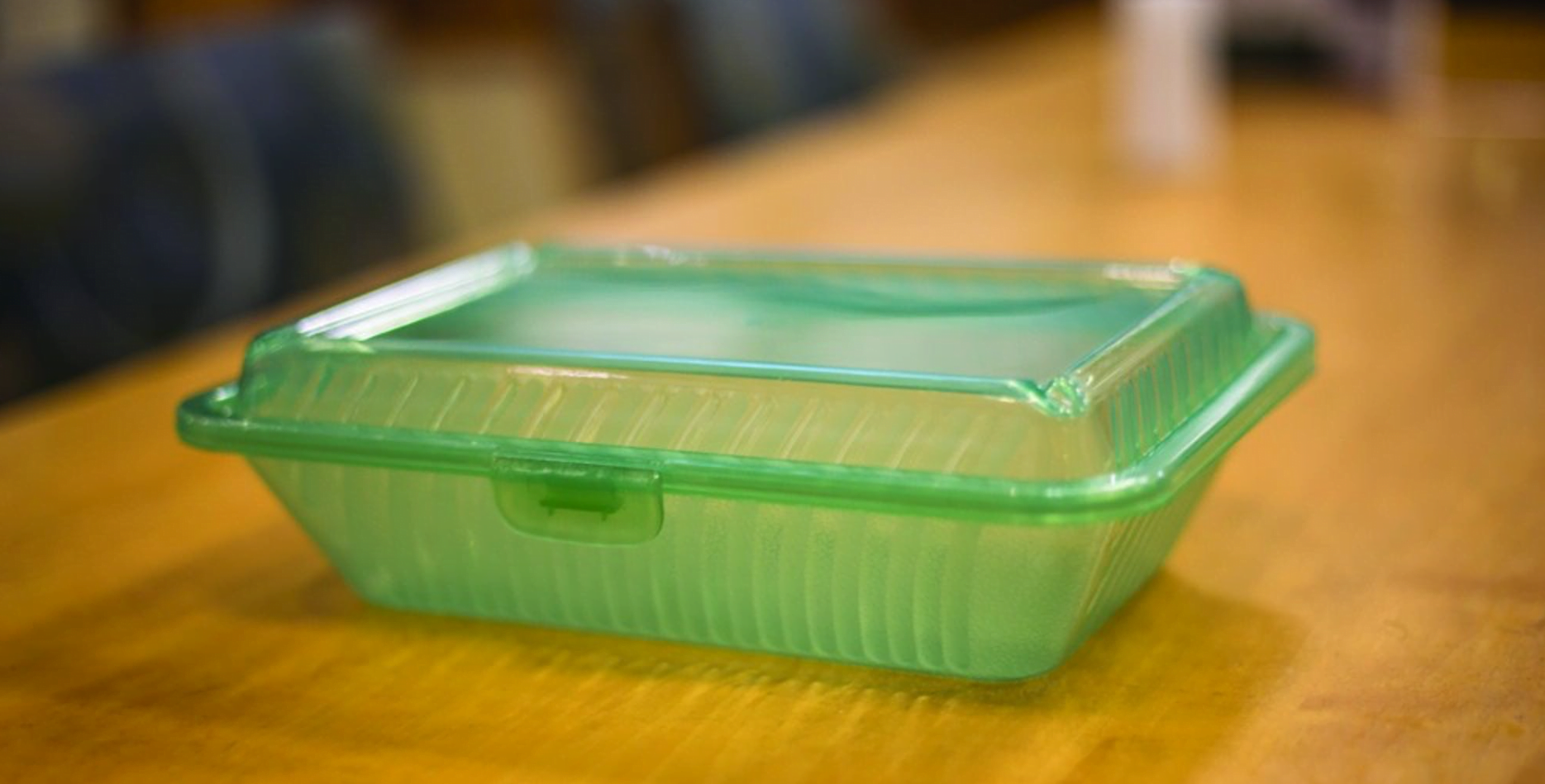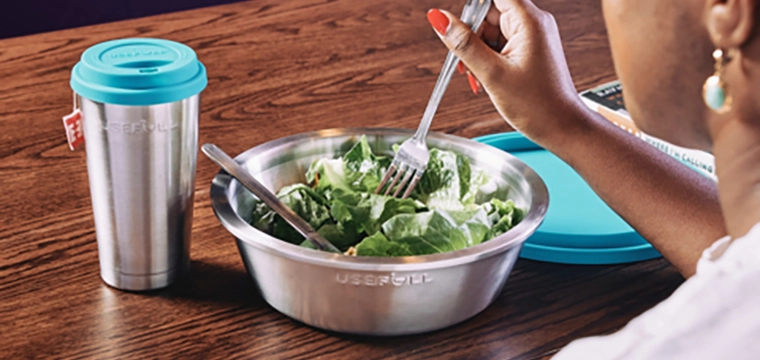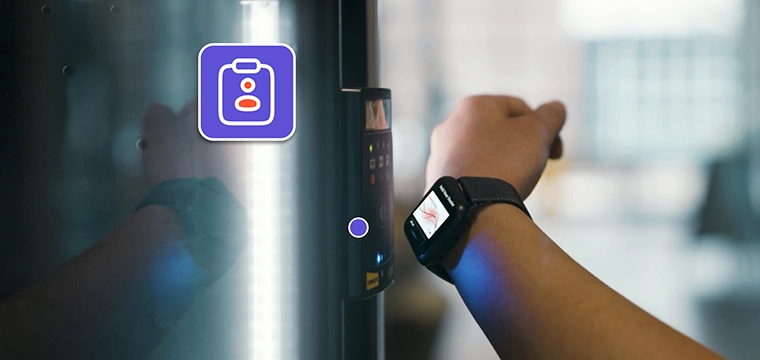
A student-led initiative brought Green2Go reusable containers to Carleton College last spring, and despite campus changes amid the coronavirus the containers have been a successful fit on the Northfield, MN campus. Plans for the reusable container program preceded the arrival of COVID-19 as a simple sustainability measure, but changing perceptions around eating in at campus dining halls might be breathing new life into the program.
According to an official university release, the original pilot for Carleton's Green2Go containers was set for the spring 2020 semester but the arrival of COVID-19 forced the college to shift focus and put the program on hold. However, the Carleton Student Association had already funded the purchase of 300 reusable containers and there were still some 280 students on campus, so the pilot went forward.
“A lot of students did not want to eat in the dining hall—they were scared,” says Katie McKenna, dining services manager with Bon Appétit, Carleton College's food service provider. “They just wanted to take food out, and we were going through a lot of disposable clamshells every week. It was frightening, the number with only 280 students on campus.”
So each on-campus student was given a Green2Go exchange card, which could be traded for a reusable container at a dining hall. After use, students are were expected to rinse out their container and return it to the dining facility at their next meal, either for an exchange card or another container.
As with many institutions across the country, Carleton made the decision to bring the majority of its students back to campus this fall, and with the fall came a full-scale Green2Go deployment.
The cost for the Green2Go disposable containers during Carleton's trial spring semester saw the containers used for about 2,100 meals per week at $0.26 per reusable container -- a weekly cost of $546. Carleton projected those figures to rise to 16,000 meals and $4,160 a week during a full fall semester. Each Green2Go container can be used as many as 300 times at a cost of $4.10, or roughly the equivalent cost of 16 disposable, single-use containers.
“When we looked at what the cost was to get the product in here, it was pretty easy to arrive at,” says Jesse Cashman, the director of Auxiliary Services and client manager for Carleton’s contract with Bon Appétit. “We’re going to return our cost here within 3-4 months of this operation, which is pretty astounding.”
For its full-scale rollout Carleton purchased 3,500 Green2Go containers in July, and 1,000 more in September, all with money set aside for COVID-19 expenses on campus.
“In an odd way, I think COVID-19 has helped this program with student awareness. I can talk about reducing waste all day long, but it really has to be something that the students buy into," says McKenna. "They wanted to be able to eat out of the dining hall, and how could we do that successfully? The clamshells were the answer.”




